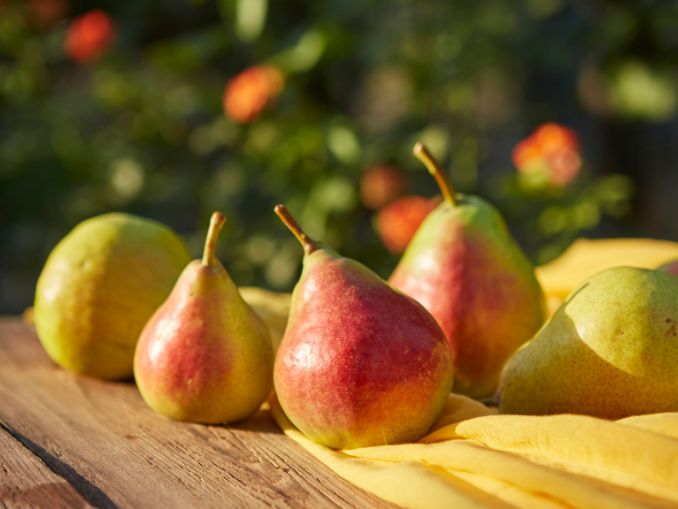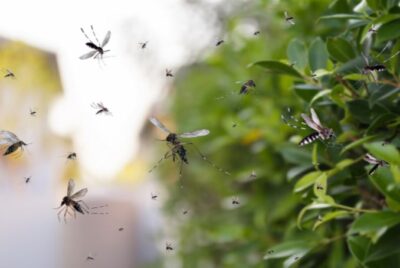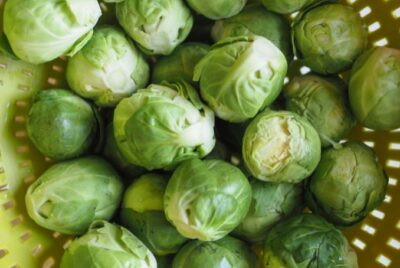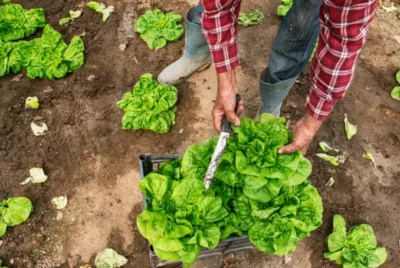Can Chickens Eat Pears? What Every Chicken Keeper Should Know
Chickens are not just farm animals but are often part of the family, roaming the backyard and contributing to the household with their eggs. With an increasing number of people turning to sustainable living and home farming, the diet of backyard chickens has become a topic of interest and concern. One question that frequently pops up is whether chickens can eat pears.
This article delves into the nutritional benefits and potential risks of feeding pears to chickens, providing essential insights for every chicken keeper.
Can Chickens Safely Eat Pears?
Yes, chickens can safely eat pears. Pears are a nutritious fruit that can provide chickens with a good source of vitamins, minerals, and hydration. However, I recommend feeding pears in moderation as part of a balanced diet.
Before offering pears to chickens, remove the seeds and core, as the seeds contain small amounts of cyanide, which can be harmful in large quantities. Chopped or sliced pears make a healthy and tasty treat for chickens.
Nutritional Benefits of Pears for Chickens
- Vitamins and Minerals: Pears are a good source of essential vitamins such as vitamin C and K, as well as minerals like potassium. Vitamin C boosts the immune system, while vitamin K is important for blood clotting. Potassium helps with muscle activity and fluid balance.
- Hydration: Pears contain a high amount of water, which can help keep chickens hydrated, especially during hot weather. Proper hydration is crucial for chickens to maintain their health and egg production.
- Fiber: Pears are high in dietary fiber, which can aid in digestion and help prevent issues like constipation in chickens. A healthy digestive system is crucial for nutrient absorption and overall well-being.
- Low in Fat and Calories: Pears are low in calories and fat, making them a healthy treat that doesn’t contribute to obesity. Managing the weight of your chickens is important to avoid health problems and ensure they remain active.
- Antioxidants: They contain antioxidants such as vitamin C and copper, which help protect chickens from oxidative stress and support a healthy immune system.
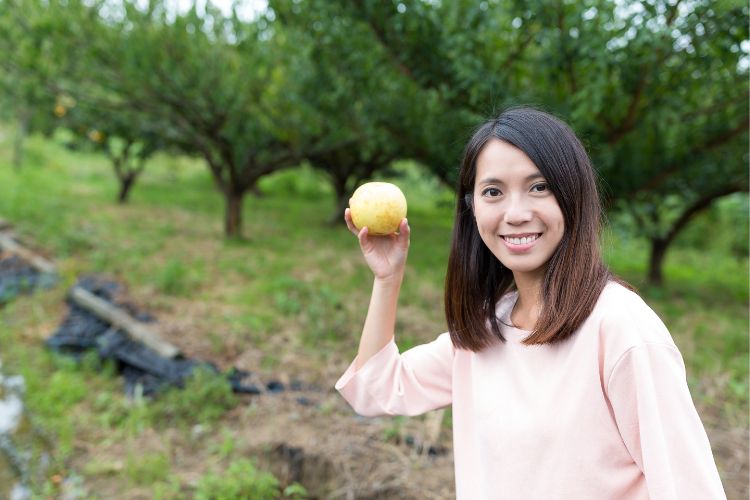
Potential Risks and Considerations of Feeding Pears to Chickens
- Sugar Content: Pears, like many fruits, contain natural sugars. Although these sugars are not harmful in small quantities, excessive consumption can lead to health issues in chickens, such as obesity and diarrhea.
- Pesticide Residue: Commercially grown pears might be treated with pesticides, which can be harmful to chickens. I recommend washing pears thoroughly before feeding them to your chickens or, better yet, choosing organic pears to minimize exposure to these chemicals.
- Seeds and Core: Pear seeds contain traces of cyanide, which is toxic to chickens in large quantities. Although a few seeds are unlikely to cause harm, it’s best to remove the core and seeds before offering pears to your chickens to avoid any risk.
- Dietary Imbalance: Relying too heavily on pears or any fruit can lead to nutritional imbalances. Chickens require a diet that is high in proteins, vitamins, and minerals to maintain their health and productivity.
- Choking Hazard: Large pieces of pear or unripe, hard pears could pose a choking risk to chickens. So cut pears into small, manageable pieces that chickens can easily eat.
- Attracting Pests: Overfeeding pears or leaving uneaten pear pieces in the coop can attract unwanted pests, such as rodents or insects. Monitor how much fruit your chickens can consume and clean up any leftovers promptly.
How to Safely Introduce Pears into a Chicken’s Diet
Introducing pears or any new food into a chicken’s diet should be done with care to ensure it doesn’t upset their nutritional balance or health.
Here are some steps and considerations for safely adding pears to your chicken’s diet:
- Begin by offering a small amount of pear to see how your chickens react. Not all chickens may like or tolerate pears, and individual responses can vary.
- Cut the pears into small, manageable pieces to prevent choking and make it easier for the chickens to eat.
- Again, while a few seeds are unlikely to harm your chickens, it’s best to remove them to be safe. The core can also be hard for chickens to digest.
- After introducing pears, watch your chickens for any signs of digestive upset or allergic reactions. These are unlikely but can occur with any new food.
- Always ensure that your chickens have access to clean, fresh water, especially when introducing new foods into their diet.
- Chickens benefit from a varied diet. Along with pears, you can offer other fruits and vegetables as treats, ensuring they get a range of nutrients.
- If the pears you’re offering are not organic, wash them thoroughly to remove any pesticide residues, as these can be harmful to chickens.
Other Fruits and Vegetables Beneficial for Chickens
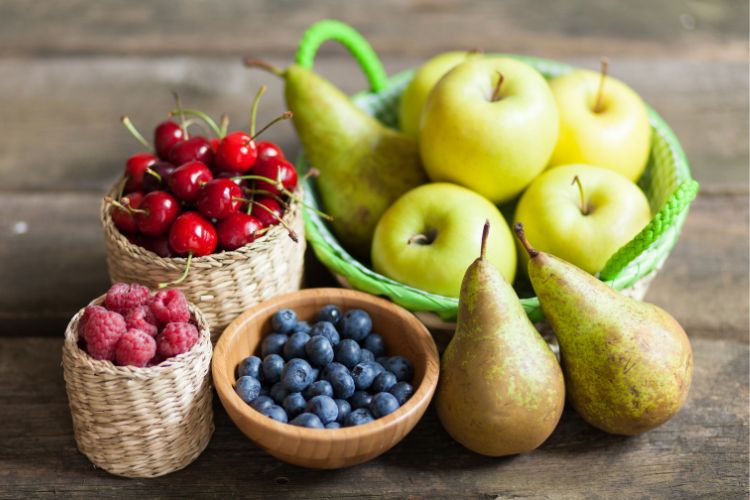
- Apples (without seeds)
- Blueberries
- Strawberries
- Watermelon (flesh and rind)
- Cucumbers
- Leafy greens (kale, spinach, lettuce)
- Pumpkins (including seeds)
- Squash
- Peas
- Carrots (raw or cooked)
- Broccoli
- Cauliflower
- Corn (on the cob or kernels)
- Sweet potatoes (cooked)
- Grapes (cut in half to prevent choking)
What to Look for in a Pear to Ensure it is Safe
1. Ripeness
- Texture: A ripe pear should be firm but give slightly under gentle pressure near the stem end. Overripe pears might be too soft, indicating they could be starting to spoil.
- Color: Depending on the variety, a change in color can indicate ripeness. For example, Bartlett pears turn from green to yellow as they ripen. However, not all pears show a significant color change when ripe, so this is not always a reliable indicator.
2. Absence of Pesticides
- Organic Certification: Look for pears that are certified organic, as this indicates they were grown without synthetic pesticides and fertilizers.
- Washing: If you’re unsure about the pear’s growing conditions, washing it thoroughly under running water or using a fruit and vegetable wash can help remove surface residues.
3. No Signs of Disease or Infestation
- Blemishes: While minor blemishes or marks from insect bites aren’t necessarily harmful, significant damage or signs of disease (like mold or rot) can indicate the pear is not safe.
- Holes or Unnatural Soft Spots: These can be signs of internal insect infestation or bacterial/fungal infections.
4. Smell
- Freshness: Ripe pears often emit a sweet, fragrant aroma. A sour or fermented smell can indicate overripeness or spoilage.
5. Stem and Skin Integrity
- Stem: A stem that’s intact can sometimes indicate freshness, but its absence isn’t always a sign of poor quality.
- Skin: The skin should be relatively smooth for the variety, without deep cuts, punctures, or signs of bruising, which can lead to decay.
6. Storage and Handling
- Safe Handling: Ensure the pears haven’t been subjected to contaminants or unsafe handling practices during transportation and display.
- Storage: Look at how the pears have been stored. Excessive moisture or heat can promote spoilage, while too much crowding can lead to bruising and damage.
Additional Tips
- Variety Specifics: Research the specific characteristics of the pear variety you’re interested in, as ripeness indicators can vary.
- Try a Sample: If possible, tasting a piece of the pear can be the ultimate test for ripeness, flavor, and safety. This might not be practical in all situations, especially for animal consumption, but it’s a common approach in personal selection.
Remember, safety also involves considering any potential allergens or individual dietary restrictions. For feeding animals like chickens, ensuring the food is free from harmful chemicals and in a suitable state (ripe but not spoiled) is crucial.
Frequently Asked Questions
Can Chickens Eat Asian Pears?
Yes, chickens can eat Asian pears. These pears are nutritious and can be a good source of vitamins and hydration. However, as with any treat, they should be given in moderation as part of a balanced diet. Make sure to remove the core and seeds to prevent any potential health issues.
Can Chickens Eat Canned Pears?
While fresh fruits are always preferable, chickens can eat canned pears in moderation. You should opt for canned pears that are packed in water or their own juice without added sugars or syrups. It’s also important to rinse them to remove any excess sugar or syrup that might be on the fruit, as high sugar content can be harmful to chickens.
Can Chickens Eat Pear Skin?
Yes, chickens eat pear skins. The skin of the pear is not harmful to chickens and can provide additional nutrients and fiber. However, it’s crucial to wash the pears thoroughly to remove any pesticides or chemicals that may be present on the skin.
Can Chickens Eat Pears Raw?
Yes, chickens can eat pears raw. In fact, raw pears can be a great source of hydration and nutrients for your chickens. They contain vitamins and minerals beneficial to your flock’s health.
Can Baby Chickens Eat Pear Seeds?
No, baby chickens should not eat pear seeds. Similar to adult chickens, the seeds of pears contain amygdalin, a compound that can release cyanide when digested.
Can Baby Chickens Eat Pears Fruit?
Baby chickens can eat the flesh of pears, but it’s important to introduce any new food slowly and in small quantities. The pear should be ripe, free from pesticides, and cut into very small, manageable pieces to prevent choking.
Can Chickens Eat Pear Core?
It’s best to avoid feeding the pear core to chickens. The core can be tough for them to digest and also contains the seeds, which we’ve mentioned carry a risk due to amygdalin.
In Summary
Cooked pears or fresh pears are a safe and enjoyable treat for chickens when prepared and served correctly. By following the simple guidelines on how to feed pears to your chickens outlined above, you can treat your flock to the sweet, juicy goodness of pears without worry.
Happy chickens mean a happy coop, and a little fruit variety is just one way to keep your feathered friends clucking contentedly.

